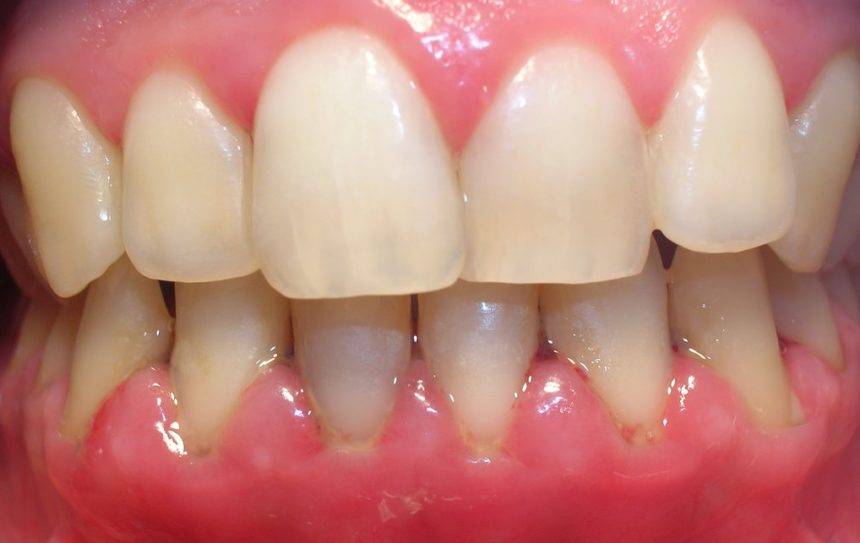What is Gingivitis?
Gingivitis — an inflammation of the gums — is the initial stage of gum disease and the easiest to treat. The direct cause of gingivitis is plaque – the soft, sticky, colorless film of bacteria that forms constantly on the teeth and gums.
If the plaque is not removed by daily brushing and flossing, it produces toxins (poisons) that can irritate the gum tissue, causing gingivitis. At this early stage in gum disease, damage can be reversed, since the bone and connective tissue that hold the teeth in place are not yet affected. Left untreated, however, gingivitis can become periodontitis and cause permanent damage to your teeth and jaw.
How do I Know if I Have Gingivitis?
Classic signs and symptoms of gingivitis include red, swollen, tender gums that may bleed when you brush. Another sign of gum disease is gums that have receded or pulled away from your teeth, giving your teeth an elongated appearance. Gum disease can cause pockets to form between the teeth and gums, where plaque and food debris collect. Some people may experience recurring bad breath or a bad taste in their mouth, even if the disease is not advanced.
 Get Directions
Get Directions
